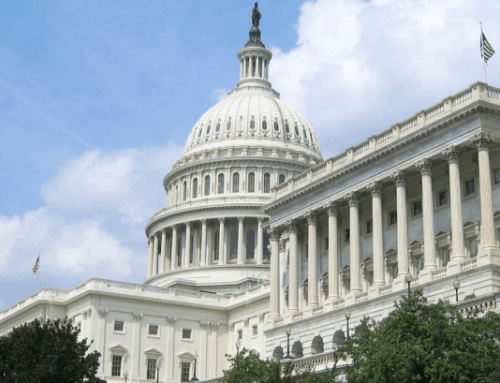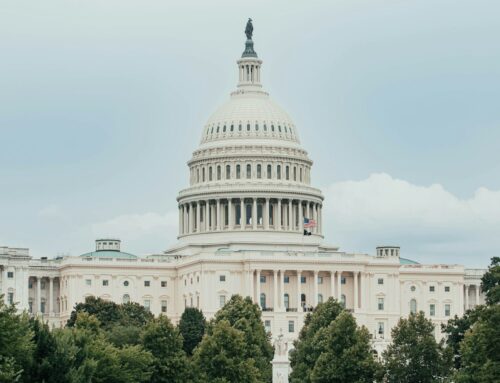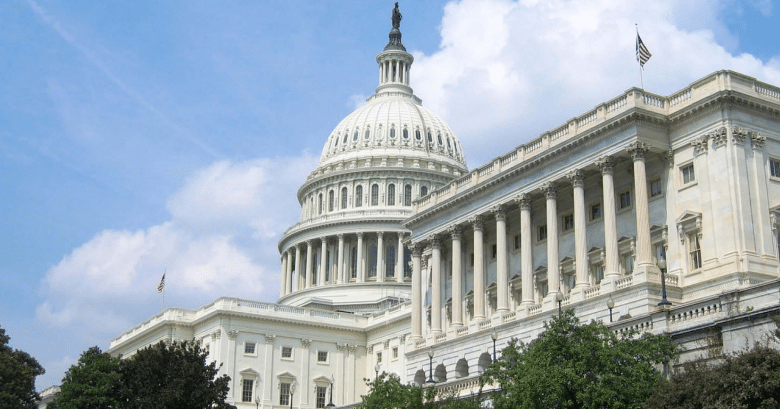Taxpayers for Common Sense sent the following letter to the Capitol Hill.
The country and the world are facing a health emergency from the global coronavirus pandemic. The efforts to counter this health emergency – closing businesses, suspending travel – are leading to an economic emergency. As long as the scale and scope of the health crisis are unknown, the depth and duration of the economic crisis are unknowable. The health response must be the primary but not exclusive focus on stopping the crisis. An economic response aimed at arresting economic disaster and focused on those most in need, is warranted.
With that in mind, and based on our extensive history with federal approaches to large natural disasters, Taxpayers for Common Sense offers the following principles to guide the nation’s economic approach and evaluate policy proposals:
Do What’s Necessary Not What’s Advantageous
- Federal disaster response can mitigate damage and save lives, but it shouldn’t be designed with the goal of making everyone whole immediately. The first step should be to address the immediate crisis so that recovery can begin.
- The goal is to build a bridge to better times, not to put an industry or individual in a better position than they would have been without the crisis.
- Incremental, thoughtful, targeted assistance that is meted-out as needed is better than large catchall packages that are difficult to track and administer.
Deficits Still Matter In The Long Run
- Large amounts of debt and persistently high deficit spending during the nation’s longest economic expansion has made it more difficult to maneuver in this crisis. The 2017 tax cut and successive legislation increasing spending caps without offsets for FY2018-21 exacerbated the situation.
- Amassing large future federal deficits for non-critical spending will compound this harm by hampering future flexibility while not delivering effective disaster response or stimulus in the near-term.
- Economic Hippocratic oath – first do no harm. For example: Undercutting already challenged entitlement programs through payroll tax holidays or enacting narrow parochial policies like letting the airlines keep the flight ticket taxes instead of it going to fund airport improvements makes little sense in the long-term.
- Assistance to individual industries and companies should be made as three to five year low or no interest loans to be repaid in better times. The terms of loans should have strings attached to ensure greatest economic gains for the overall economy.
Prioritize Response on Mechanisms with the Greatest Positive Effects
- Not all safety nets are created equal. SNAP, WIC, Unemployment Insurance, SBA low interest loans are the types of programs that provide immediate disaster relief AND economic stimulus. These programs also have existing delivery systems to work more efficiently than ad hoc programs. To stop a crisis, prioritize the types of programs that have immediate impact over those generating long-term demand.
- Tax cuts should only be used if they provide cost-effective immediate relief – even retroactive ones.
- Create incentives and tools to direct U.S. manufacturing and development industries to create products and tools to help mitigate and fight the health crisis.
Emergency Legislation Should Not Make Permanent Changes or Create Long-Term Liabilities
- Temporary responses need to be temporary. Sunset clauses for new authorities and expiration dates for appropriated funds should be included.
- Avoid creating unfunded mandates or unbudgeted federal programs without debate. For example: A new permanent federal guarantee for paid sick leave would either be a) an unfunded federal mandate, or b) a new unfunded mandatory entitlement. Neither will get the type of debate they deserve if done through an emergency spending bill. These types of programs and policies should instead be temporary and paid for.
- Common sense strings should be attached to aid to ensure best long-term result, if an entity or individual doesn’t want strings, don’t accept aid.
Transparency and Accountability are Key
- Follow the money. Funding, loans, loan guarantees, tax relief must not only be targeted but tracked to ensure it is either alleviating the health or economic crisis.
- Assistance must be continuously evaluated to determine if it is effective or warranted.
- Assistance regardless of need or impact is ineffective and wasteful.
Do what you must do, but please remember not every action is a must. Policymakers must be willing to do more, or less, or simply something different if our first actions don’t work. But you must prioritize actions on those most likely to provide the greatest benefit to the most. The primary goal is to stop a health crisis from turning into a deep, long-lasting economic crisis. When the health crisis and economic crisis are under control (the patient is stabilized), then we can discuss how to direct and pay for the economic recovery.










